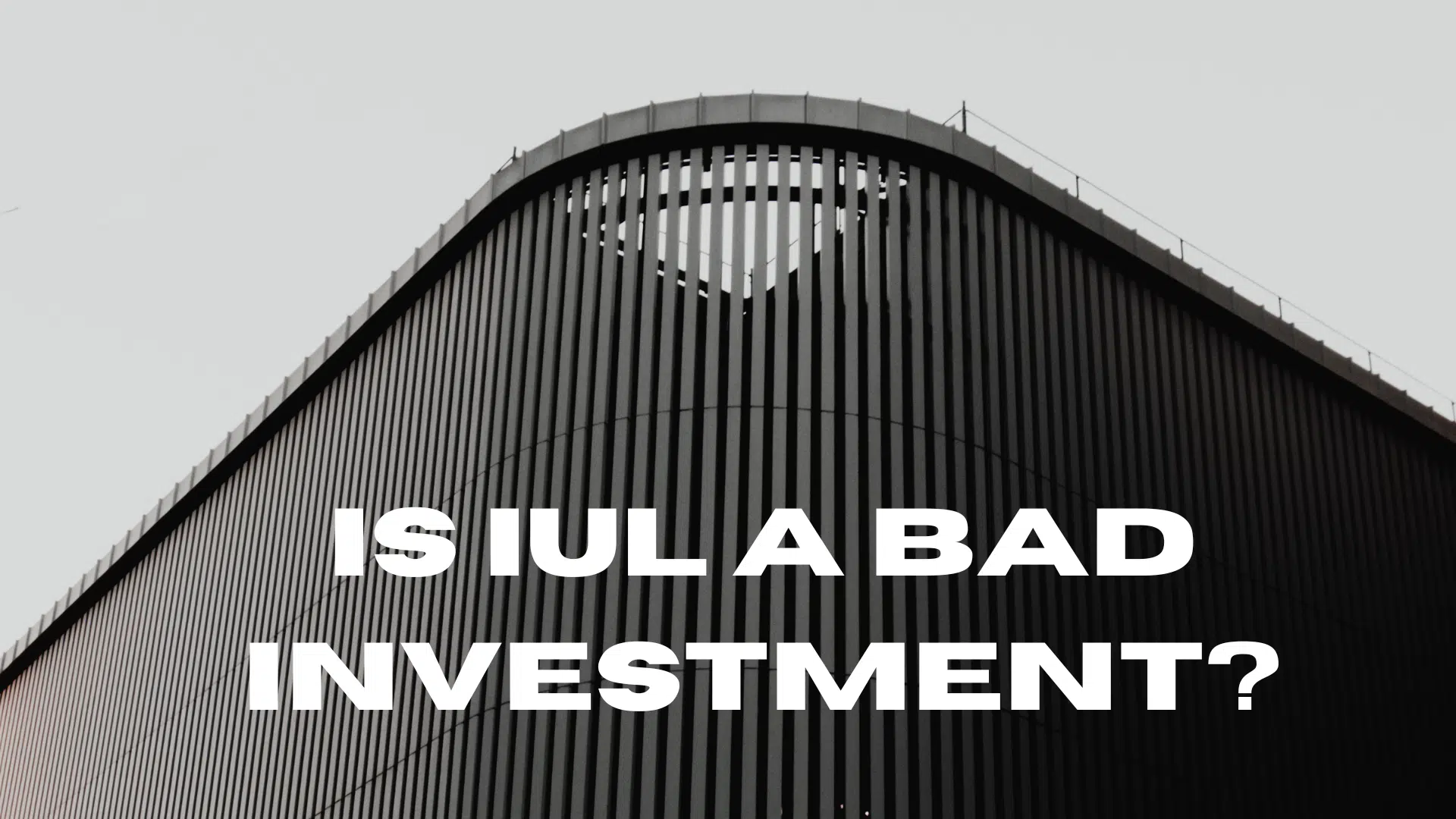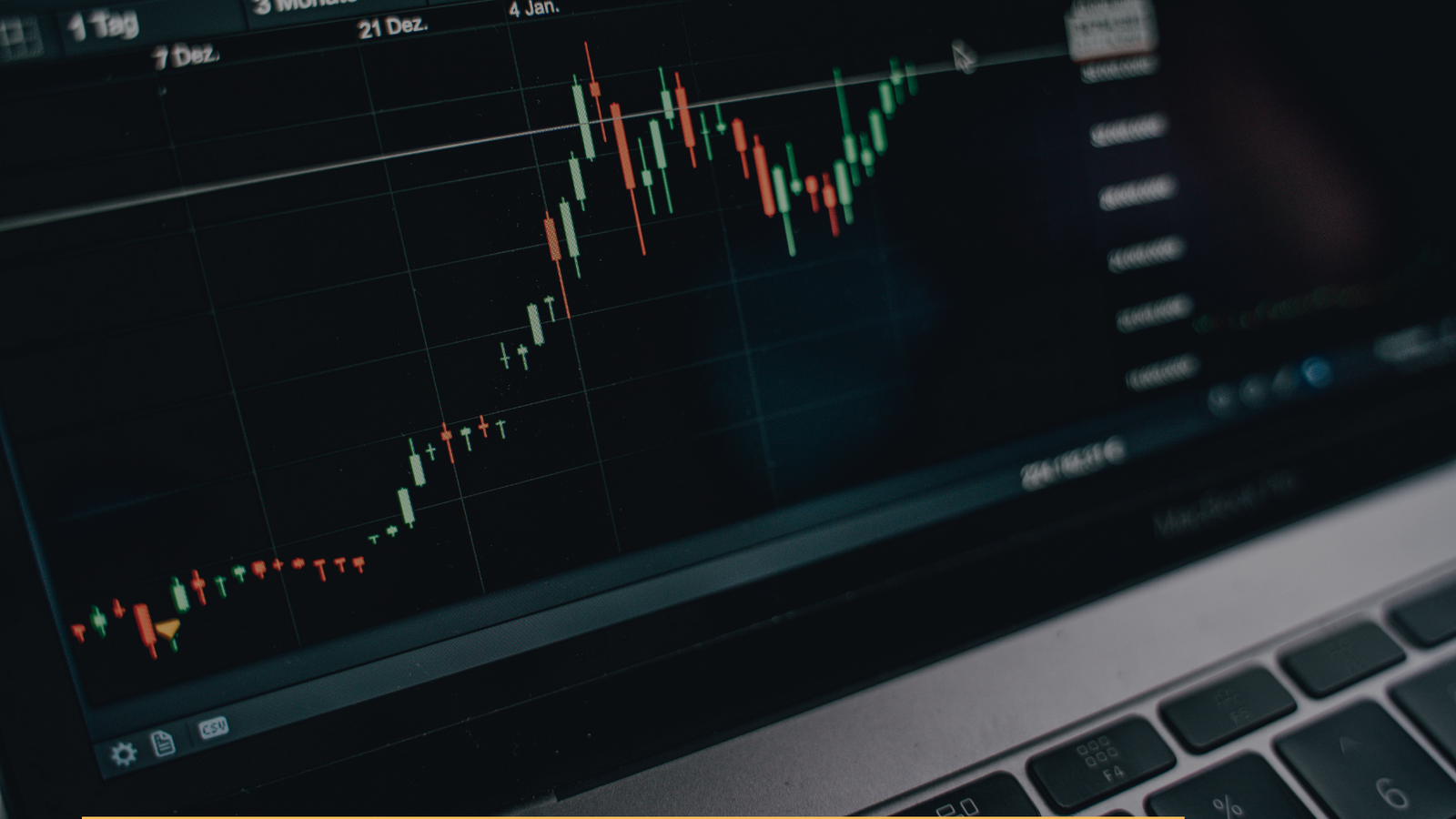Many, if not all, of the products highlighted on this page are sourced from our advertising partners, who offer compensation when you undertake certain actions on our site or click to engage with theirs. However, this does not sway our evaluations. Our opinions are entirely our own.
The details related to investments found on this page are provided for the purpose of education only “pikneel”. does not engage in advisory or brokerage services, nor does it recommend or advise investors to engage in the purchase or sale of specific stocks, securities, or other investment options.

An index fund represents an investment vehicle that mirrors a specific market index, which usually consists of stocks or bonds. These funds generally distribute their resources across all components of the index they aim to replicate, utilizing fund managers to guarantee that the performance of the index fund corresponds with that of the index.
What is an invest in index fund?
An index fund consists of a collection of stocks designed to replicate the performance of a specific stock market index, such as the Standard & Poor’s 500 index. This index includes companies that represent a portion of the financial market, offering valuable insights into the general state of the economy.
An index fund is constructed from the same assets that constitute the index it follows. Consequently, the performance of the index fund typically aligns closely with that of the index, requiring no active management.
How do index funds work?
Index funds are designed not to outperform the market or achieve returns that exceed market averages. Rather, their objective is to replicate the market by acquiring shares of all companies included in a market index, thereby aligning their performance with that of the index as a whole.
As a result, index funds are classified as a passive management approach. This implies that there is no necessity for active decision-making regarding which assets to purchase or divest. Investors frequently utilize index funds to mitigate risk within their portfolios, as fluctuations in the market are generally less volatile when viewed across an index compared to individual stocks.
Why invest in index funds?
Investing in index funds represents one of the most straightforward and efficient methods for individuals to accumulate wealth. By aligning with the remarkable performance of financial markets over time, index funds can significantly enhance your investment portfolio in the long term. Notably, there is no requirement to become a stock market specialist to achieve these results.
Investors appreciate index funds for several reasons:
- Limited research requirements: Investors can depend on the index fund’s portfolio manager to consistently replicate the performance of the underlying index.
- Risk management: The inherent diversification of index funds reduces the likelihood of substantial losses resulting from adverse events affecting one or two companies within the index.
- Variety of options: Investors can choose from broad index funds, such as those that follow the S&P 500, or more specialized funds that focus on particular sectors or trends.
- Reduced fees: Typically, index funds incur lower costs compared to actively managed funds, as the manager’s role is to passively replicate the index rather than engage in stock selection.
- Tax efficiency: Index funds tend to be more tax-efficient than many other investment vehicles. They generally engage in less buying and selling of assets compared to actively managed funds, thereby minimizing capital gains that could increase tax liabilities.
- Long-term portfolio growth: By utilizing index funds, investors adopt a passive approach, allowing them to invest consistently over time while disregarding short-term market fluctuations, ultimately participating in the market’s long-term growth and enhancing their financial reserves.
Why not invest in index funds?
While index funds are often regarded as straightforward investment vehicles, they may not be suitable for every investor. The potential drawbacks of investing in index funds include the following:
- The ability to surpass market performance is limited: Index funds are structured to replicate the performance of the market or a designated benchmark index. For those seeking to demonstrate their prowess as an exceptional investor, index funds do not provide that opportunity.
- Short-term volatility risk: Index funds mirror their respective markets during both favorable and unfavorable conditions. They can exhibit significant volatility, particularly during economic downturns or periods of market instability. For instance, the 2022 bear market served as a reminder of this risk, as declines in the tracked index directly impacted the value of the index fund.
- Diverse stock holdings: The inherent diversification of an index fund can have mixed effects. Depending on the chosen index, investors may find themselves holding stocks they would prefer to avoid while potentially missing out on more desirable options.
To mitigate some of these limitations and enhance investment flexibility, one might consider maintaining a combination of index funds and other investment types. However, if one intends to rely exclusively on index funds, it is essential to accept their inherent constraints.
How much does invest in index funds cost?
Index funds generally incur lower fees that diminish your returns compared to actively managed funds. This can be attributed mainly to the lower degree of management necessary for index funds. Investors are not paying for the analysis of financial statements or for making decisions regarding purchases. While index funds tend to be more cost-effective than other types of funds, they are not entirely free of expenses. The key costs to consider include:
- Investment minimum: The minimum investment necessary for a mutual fund can differ greatly, with some funds requiring no minimum investment while others may demand several thousand dollars. Once this threshold is met, most funds permit investors to contribute additional amounts in smaller increments.
- Account minimum: This differs from the investment minimum. While a brokerage might set a minimum account balance of $0, which is typical for individuals establishing a traditional or Roth IRA, this does not negate the investment minimum required for a particular index fund.
- Expense ratio: This represents one of the primary costs associated with an index fund. Expense ratios are fees deducted from each shareholder’s returns, expressed as a percentage of their total investment. The expense ratio can be located in the prospectus of the mutual fund or by consulting a financial website.
- Tax-cost ratio: Besides incurring fees, maintaining the fund may lead to capital gains taxes if it is not kept in tax-advantaged accounts, including a 401(k) or an IRA. Similar to the expense ratio, these taxes can significantly impact overall investment returns.
Diversifying with index funds
Index funds can be found across a diverse range of asset classes. Investors have the option to purchase funds that concentrate on companies with varying capitalizations, including small, medium, and large. Furthermore, certain funds are focused on specific sectors, aiming at industries like technology or energy. While these sector-focused indexes may not provide the same level of diversification as the broadest market index, they still offer more diversification than investing in a limited number of companies within a specific sector.
While individual stocks may experience fluctuations, indexes generally exhibit an upward trend over time. Although index funds may not yield significant returns during a bear market, they also protect investors from substantial losses associated with a single investment that may decline when the market begins to recover. Historically, the S&P 500 has achieved an average annual return of nearly 10% since 1928.
Are index funds right for you?
If you possess the time, expertise, and inclination to construct a portfolio comprising individual stocks, you should certainly pursue that path. However, even if you hold individual stocks, incorporating index funds can provide a robust foundation for your overall portfolio.
Index funds present a straightforward and effective investment option for individuals at any level of experience. Furthermore, they can serve as a reliable support structure for any stock portfolio.
For those looking to enhance their wealth while preferring a more automated approach to investing, index funds can be an excellent means to reach your financial objectives.
How to invest in index funds
Investing in index funds is a straightforward process. Below is a brief overview of the steps involved in getting started:
Have a goal for your index funds
Prior to initiating investments in index funds, it is crucial to clarify your financial objectives. Should your aim be to achieve substantial gains within a short timeframe and you possess a high risk tolerance, you might find individual stocks or cryptocurrencies more appealing. Conversely, if your goal is to allow your capital to appreciate gradually, especially in preparation for retirement, index funds could serve as an excellent addition to your investment portfolio.
Research index funds
After determining the index you wish to monitor, the next step is to examine the specific index funds in which you will be investing. When evaluating an index fund, it is crucial to take into account several key factors. Consider the following aspects:
- Company size and capitalization: Index funds may focus on small, medium, or large companies, commonly referred to as small-cap, mid-cap, or large-cap indexes.
- Geography: Some funds concentrate on stocks listed on foreign exchanges or may include a mix of international markets.
- Business sector or industry: You may wish to investigate funds that specialize in areas such as consumer goods, technology, or healthcare.
- Asset type: Certain funds may track bonds, commodities, or cash equivalents.
- Market opportunities: These funds often target emerging markets or other sectors that are experiencing growth.
Although there is a wide range of options available, it may suffice to invest in just one fund. Renowned investor Warren Buffett has suggested that the average investor can achieve adequate diversification by investing in a broad stock market index. Nevertheless, if you seek greater exposure to particular markets, you have the flexibility to tailor your fund selection accordingly.
Pick your index funds
At this juncture, it is essential to determine which specific index fund to invest in. Often, this choice is predominantly shaped by financial factors.
A significant benefit of index funds is their minimal expense ratios. They are cost-effective to manage due to their automated nature, which allows them to track the fluctuations of an index. Nevertheless, it is important to recognize that not all index mutual funds are inexpensive.
These funds still incur administrative expenses, which are deducted from the returns of each shareholder based on their total investment. It is possible for two funds to share the same investment objective—such as mirroring the S&P 500—while exhibiting significant differences in management fees. Although these fee differences may appear minimal, even slight increases can substantially impact your long-term investment returns. Generally, Larger investment funds generally provide reduced fee structures.
Decide where to buy your index funds
An index fund can be acquired either directly from a mutual fund company or through a brokerage firm. The same applies to exchange-traded funds (ETFs), which function similarly to smaller mutual funds and can be traded like stocks throughout the trading day.
When selecting a platform for purchasing an index fund, consider the following factors:
Fund selection: Are you interested in acquiring index funds from multiple fund families? Major mutual fund companies often provide access to some of their competitors’ offerings; however, the range may be more restricted compared to what is available through a discount broker.
Convenience: Seek a single provider that can meet all your investment requirements. For example, if your primary interest lies exclusively in mutual funds or a mix of funds and equities, a mutual fund company could function as a valuable investment center. Conversely, if you need advanced stock research and screening capabilities, a discount broker that also offers the desired index funds may be more suitable. (If you do not currently possess a brokerage account, guidance on how to open one is available.)
Trading costs: If there are no waivers for commissions or transaction fees, evaluate the charges imposed by the broker or fund company for buying or selling the index fund. Commissions for mutual funds tend to be higher than those for stock trades, typically around $20 or more, in contrast to less than $10 per trade for stocks and ETFs.
Impact investing: Are you interested in ensuring that your investment contributes positively beyond your portfolio? Certain funds focus on companies that prioritize environmental or social justice initiatives. Further information on impact investing can be explored.
Commission-free options: Do they provide mutual funds with no transaction fees or commission-free ETFs? This is a significant criterion we utilize to assess discount brokers.
Buy index funds
To acquire shares of an index fund, it is necessary to establish an investment account. Options for this account include a brokerage account, an individual retirement account (IRA), or a Roth IRA. After the account has been established, you may continue to acquire the fund contained within it.
When you are ready to buy the fund, you may have the option to specify a fixed dollar amount for your investment or to indicate a specific number of shares you wish to acquire. The cost of each share in the index fund, in conjunction with your investment budget, is expected to impact your decision regarding expenditure. For instance, should you plan to invest $1,000 in an index fund that is valued at $100 per share, you would have the capacity to purchase 10 shares.
Regardless of whether the market is experiencing a downturn or an upturn, investing for the long term in a well-diversified portfolio remains a favorable strategy. In times of market decline, assets may be available at reduced prices, allowing for the opportunity to acquire an index fund at a lower cost.
The introduction of the first index fund in 1976 marked the beginning of a significant trend in investment strategies. Presently, there is a noticeable shift as investors withdraw their capital from actively managed funds in favor of increased investments in U.S. stock index funds. Data from Morningstar indicates that actively managed funds experienced a loss of $926 billion in 2022, whereas passive funds saw an influx of $556 billion.




